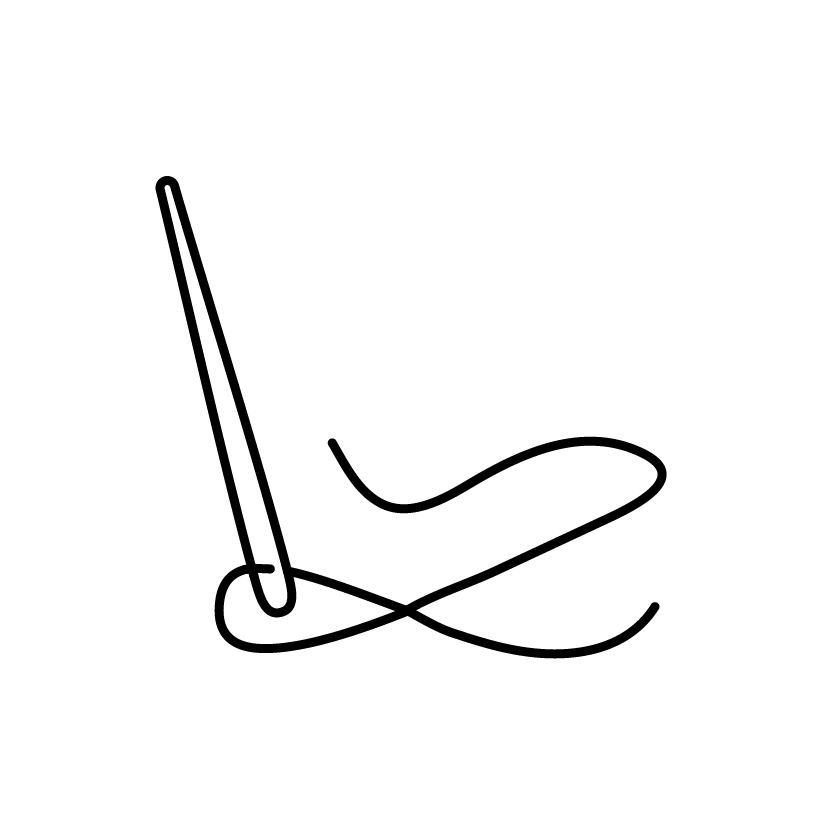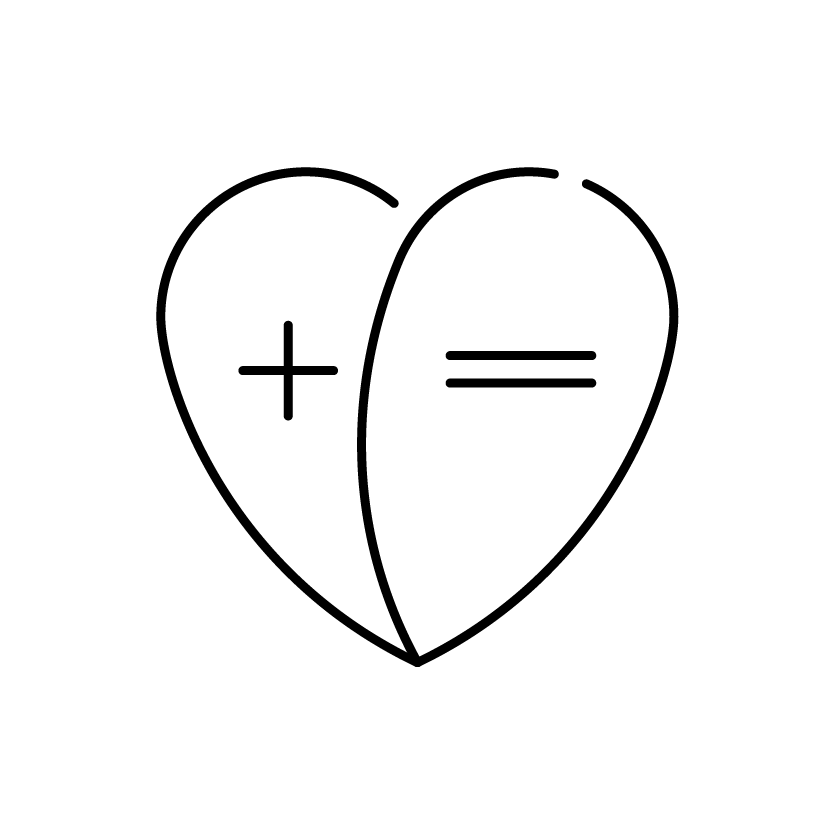Location
Australia
Made In
Indonesia
Values
“Naturally hand-dyed, ethically handmade with pride – at RUPAHAUS, every piece
is worth so much more with each thread loomed, as they are a true reflection of the
time spent in the making, the endurance of the makers, the untold story.”
You had us at ethically handmade, RUPAHAUS.
Guys, you know us, we love a brand as transparent as the water at Great Keppel
Island, which is probably why our latest obsession—aside from banana chips and the
Wardrobe Crisis podcast—has been ethical brand, RUPAHAUS.
Born from one woman’s desire to ethically thread the Indonesian, Australian, and
German cultures together, RUPAHAUS has become a company focusing on
interweaving traditional artisan methods with ethical and sustainable methods fit for
the modern world—methods crucial to the sustainability of our planet.
What with their total commitment to using traditional artisan methods, RUPAHAUS
oozes with worker empowerment. Through every collection they put out they support
specific artisan communities, and 5% of the revenue from our RUPAHAUS purchases
go straight back into that artisans’ community. Each and every piece made under the
RUPAHAUS name is done so using raw unbleached cotton and natural pigment from
barks, flowers, plants, and roots, and the result every single time is a beautiful,
durable, wearable piece of art with a unique story to tell. Seriously, could it get any
better?
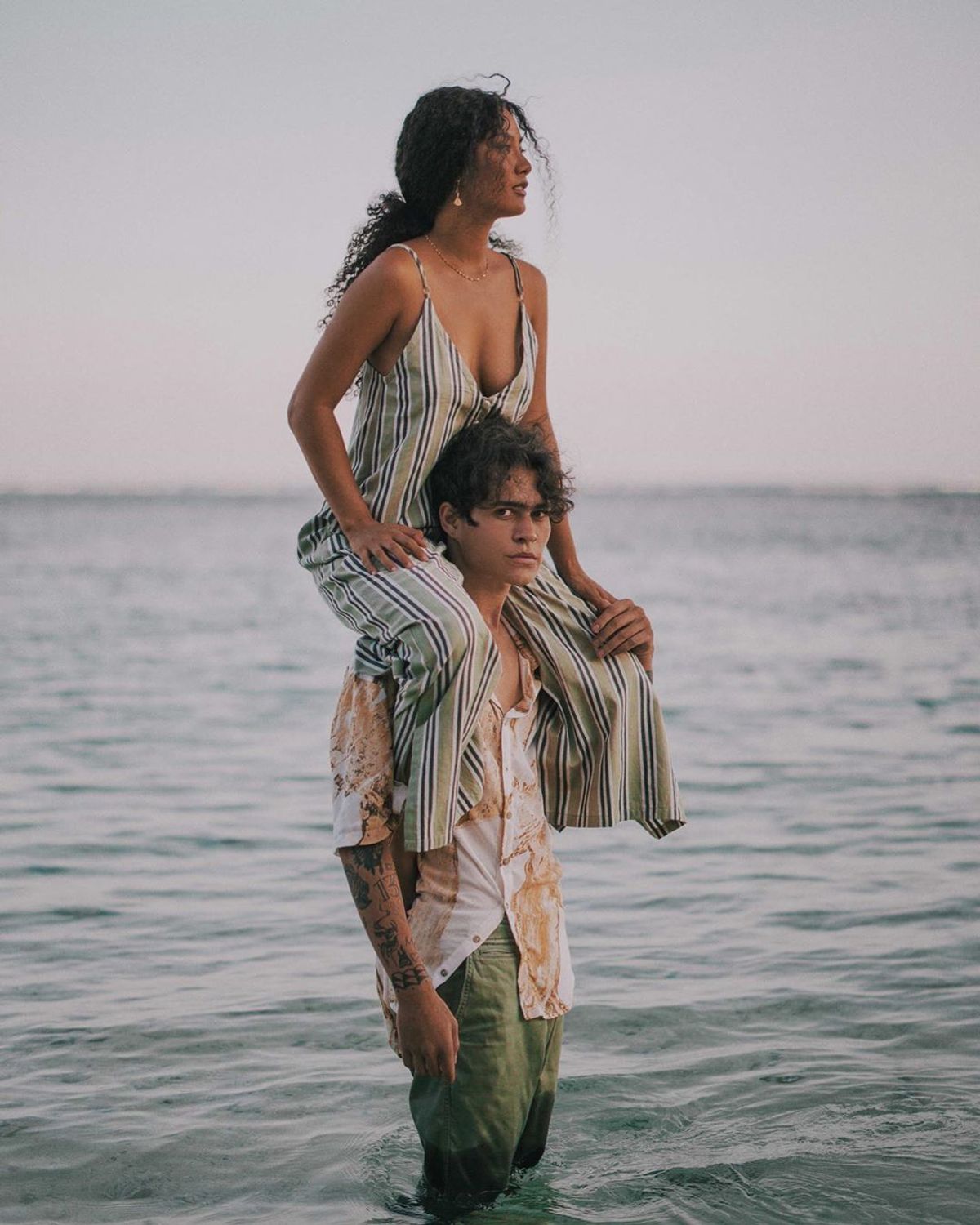
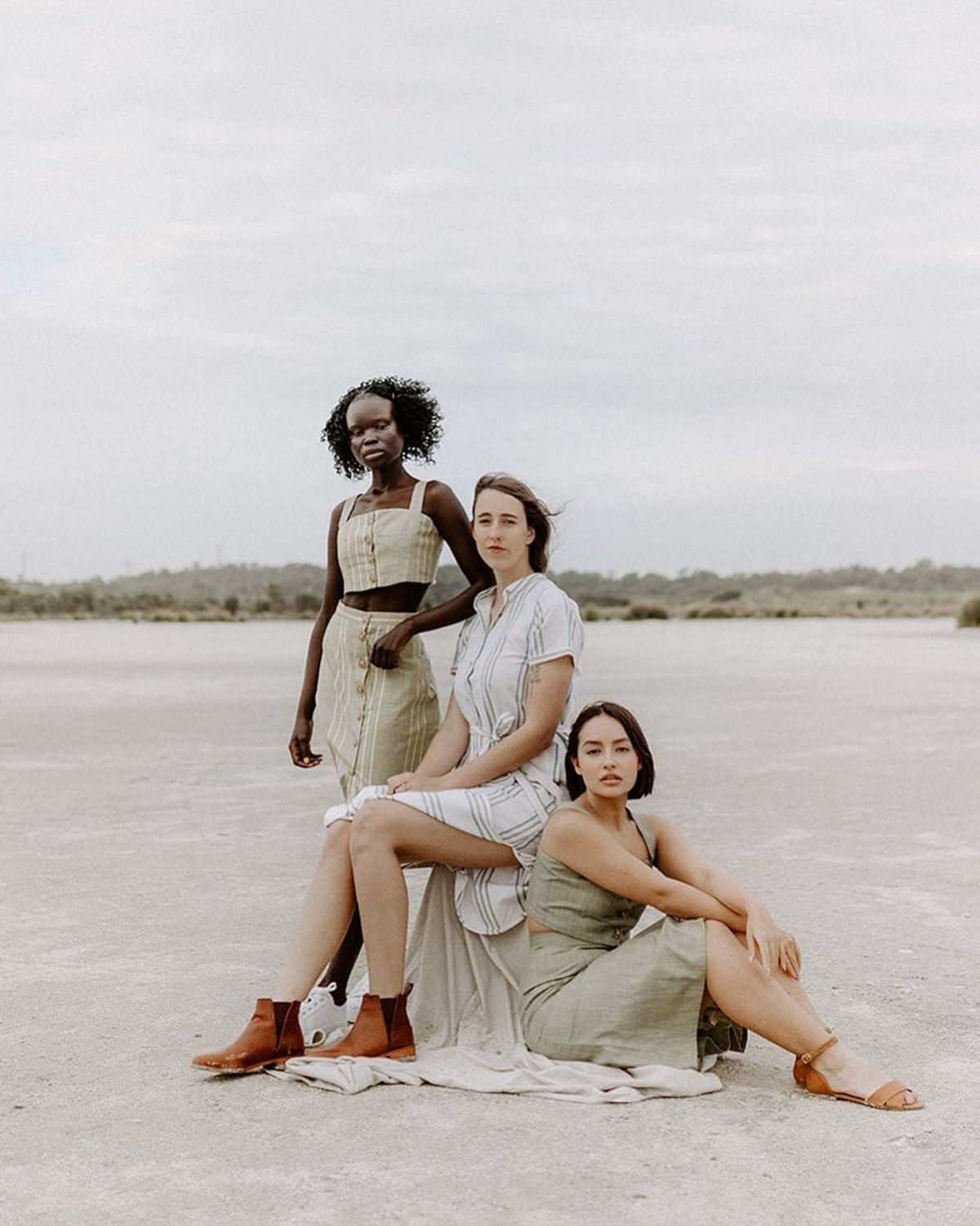
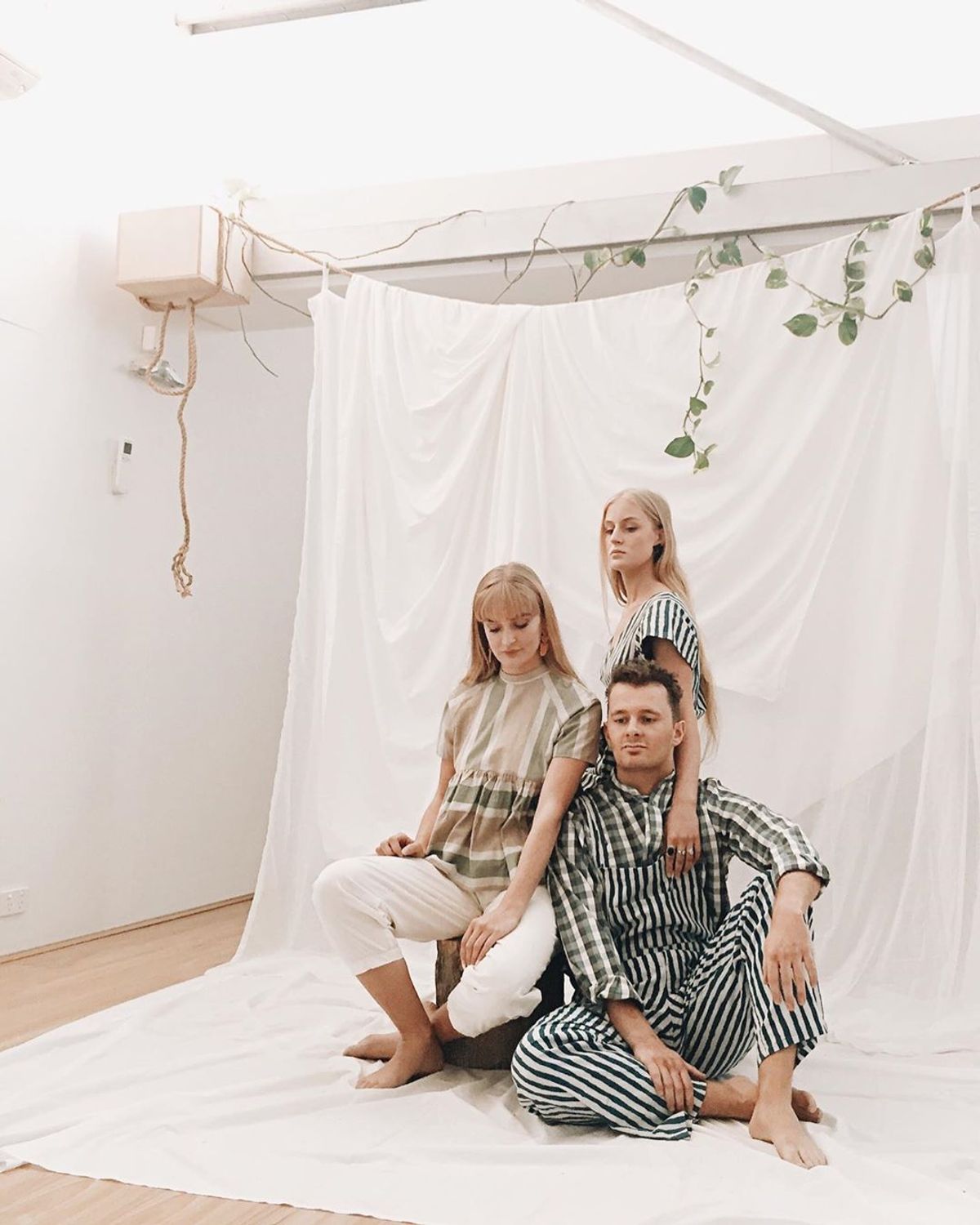
Why yes, yes it can. The RUPAHAUS team even has a process they go through to ensure they stay true to their unwavering values. They travel to rural villages and observe the unique artisan methods, explore and evaluate certain materials, design their product with the artisan/s’s vision in mind, ethically and sustainably make the materials, bring their designs to life, and then pay the artisan/s (who set their own prices, might we add). Then it’s up to us, the super woke (mind our millennial language) consumer, to put both our purchasing and sharing power to good use.
RUPAHAUS’ ultimate goal is to “provide artisans with a platform to exhibit their art and craftsmanship in the hopes to stimulate growth, social and environmental sustainability awareness, and encourage the preservation of skills amongst the artisan’ future generations.” Just like us, RUPAHAUS is a company completely dedicated to empowerment, freedom, integrity, and transparency and, quite frankly, we should all become a part of the “haushold”.
Want to know where Rupahaus sits and what they’re working on in terms of these 5 values? Hover over these values to find out.
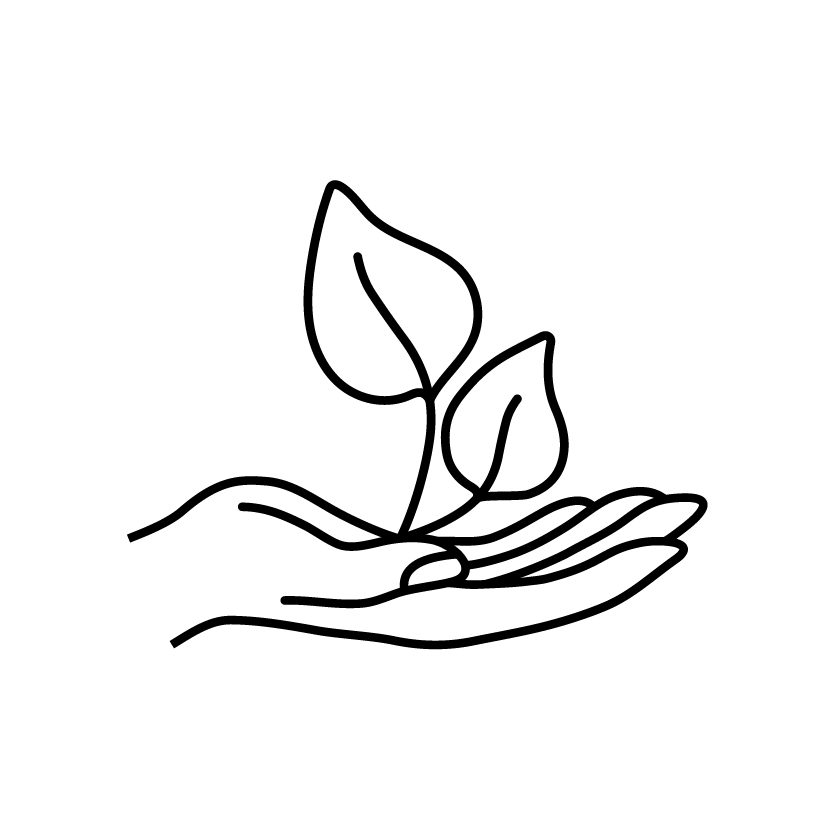
Eco Friendly
All of our stationary (this includes marketing materials, business cards, thank you cards etc) are printed on recycled papers. We have recently trialed out recycled papers out of banana leaves for our business cards, and have received really awesome feedback, so any new stationary batch will be printed on this material. Any cotton waste from our product is repurposed into our reusable dust-bags, Other than our thank-you notes, we are completely paperless; so all of our receipts are online. Orders are shipped using compostable bags from The Better Packaging Co.
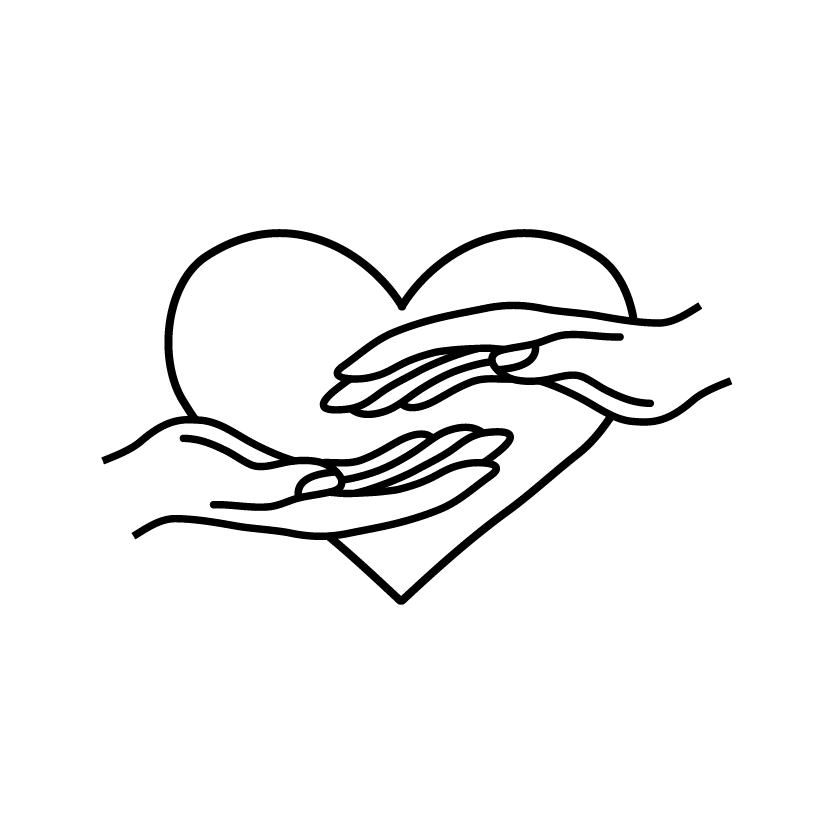
Fair
We choose to work exclusively with traditional artisans and treat them as rather collaborative partners than workers; this means they are their own enterprises and function independently from us. Because of this nature of our collaboration, flexibility and teamwork are everything. Due to this, we have a distinct time allocated each year for each processes that goes accordingly with the season and this is why RŪPAHAUS only runs one production period a year.
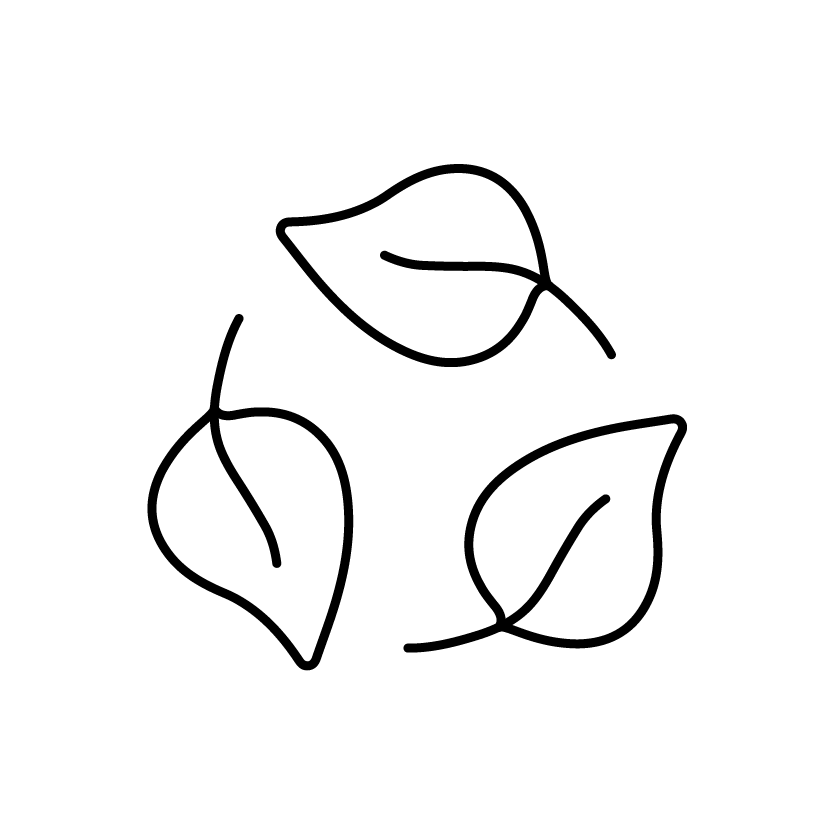
Minimal Waste
We only produce in small scale, and collect every waste to be repurposed into our dust-bags for our clothes. The used dye-baths and the plant dyes are being put back into the soils of our artisans as compost for their dyeing crops. Occasionally, yarns leftovers are inevitable, when this is the case, we re-dye them with a different hue to be re-purpose for a different motif. Some of our pieces are made to order, and we don’t do restocking once the roll of fabric is finished.
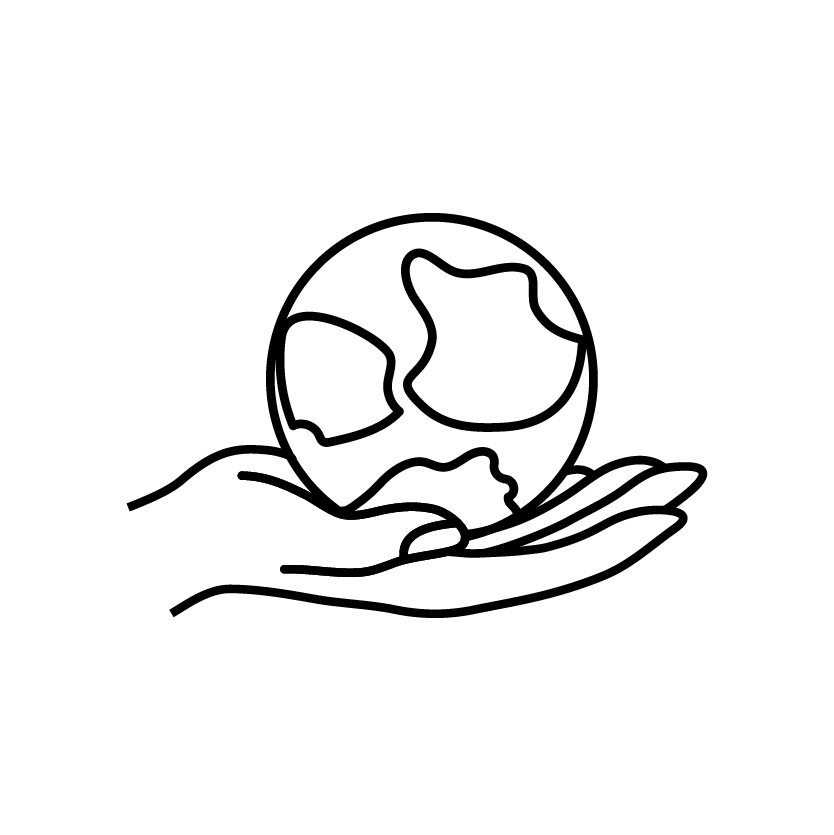
Give Back
In a developing country like Indonesia, insurance is considered as a luxury; and for this very reason, we decided that on top of the fair remuneration set by our artisans, 5% of our revenues go into a rainy-day saving account for each of these artisans; to be used for the welfare of their family and the weaving collective in their villages, as well as for to help cover any health costs. We also do annual Christmas donations, as a way to give back to the wider world. In the past two years, we have donated to help relieve poverty in rural areas through Baptist World Aid.
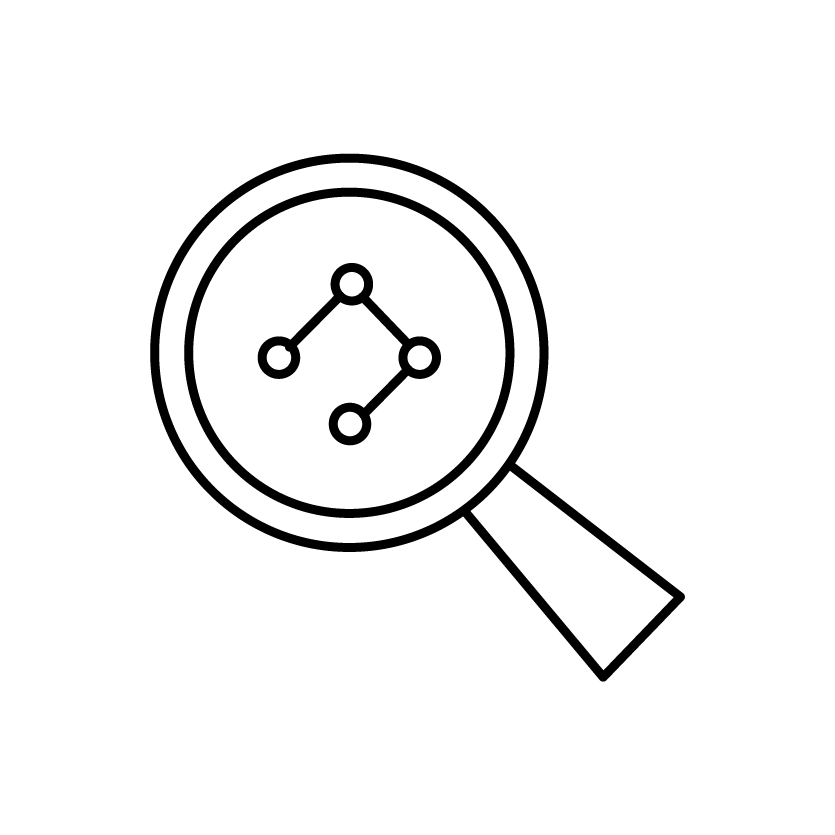
Transparent
One of the essential core for us when we began our RŪPAHAUS journey was to create and implement a traceable and transparent supply chain into our operation. We chose to create our own supply system and create everything from scratch. This allows us to be responsibly aware of where everything comes from and be in 100% control of our production chain.
Behind the Brand
“The collaborative operation behind RUPAHAUS runs under the motto ‘’interlacing tradition into stories’’ and with it, we want to highlight the artisans and set their stories in the focus of the brand, by approaching it through a different perspective, we can still create not only ethically handmade products full of meanings but also rebuild the beautiful communities of artisan collectives and coincidentally still be kind to the environment we’re surrounded with”.
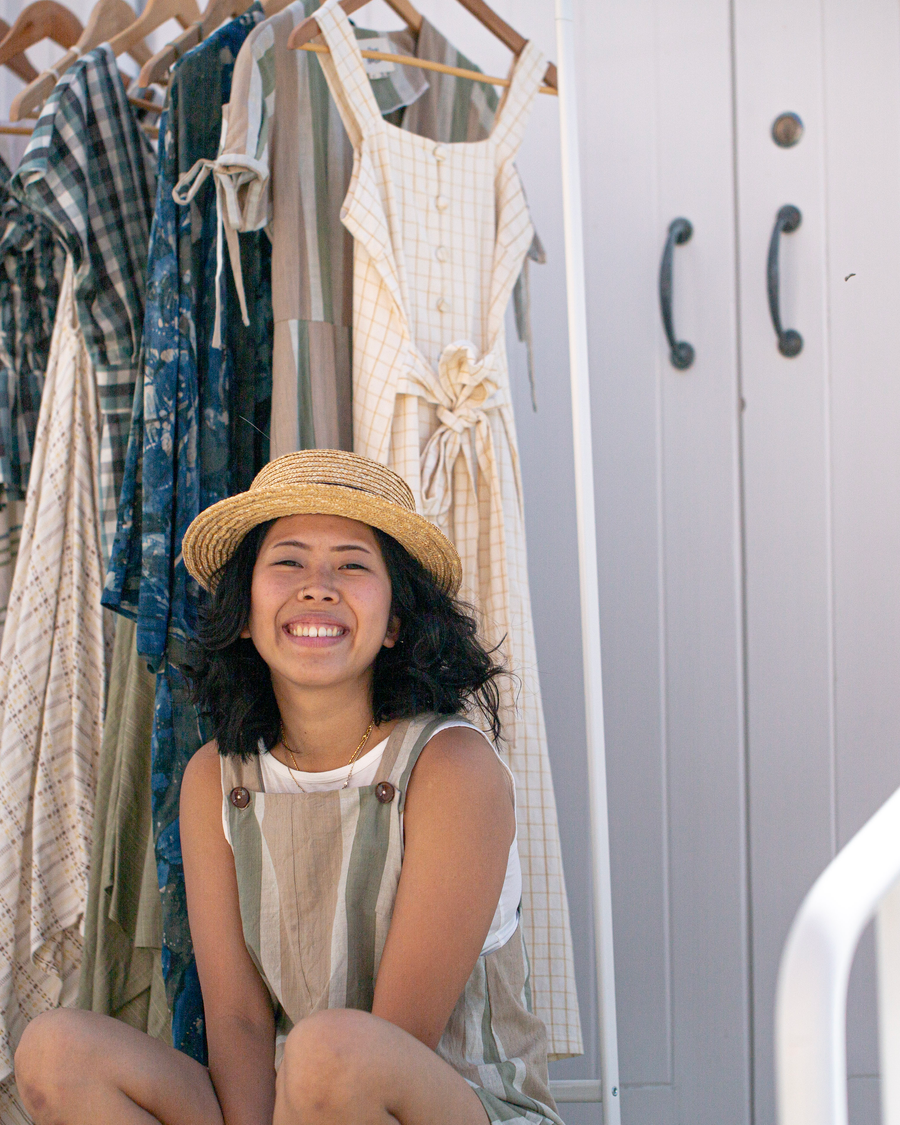
What made you start RŪPAHAUS?
It all began as my personal interest in textiles and traditional craftmanships and the opportunity only arose in 2016, when I’ve worked in various fashion brands and seen it first-hand, how selfish the fashion industry really works. The idea of supporting what the fashion industry is really doing to the environment didn’t sit well with me ever since and I knew if I were to start my own, I would take a complete different approach to it, so after calling Berlin my second home for the last 8 years, I took a sudden decision and finally decided to go home to Perth and bring my dream to life.
Growing up as an Indonesian, my appreciation for traditional craftmanships has been embedded in the complexity of Indonesian culture and traditions, The initial goal to start RUPAHAUS was to create a bridging platform for the artisans to get worldly recognised for their traditional skills, however social aspects such as putting local resources into use in creating the products, while providing a medium for the traditional textiles to evolve together with time, in the hope to sustain the dying art of creating textiles as well as the artisans vocations in Indonesia, and educating them back to care for the environment they’re surrounded with through ethical processes and responsibly-sourced materials add to the equation with one goal in mind, promoting the local economy while preserving tradition at the same time.
The collaborative operation behind RUPAHAUS runs under the motto ‘’interlacing tradition into stories’’ and with it, we want to highlight the artisans and set their stories in the focus of the brand, by approaching it through a different perspective, we can still create not only ethically handmade products full of meanings but also rebuild the beautiful communities of artisan collectives and coincidentally still be kind to the environment we’re surrounded with.
Do you have a morning routine? If so what is it you do to set yourself up for the day ahead?
I take my dogs for a walk at 7:30am every morning. The walk usually lasts for 1 hour, and I like to vary my route from day to day. This walk helps me set the day right. I’d leave all my gadgets at home – this is really a time for me to set the day right and think of the priorities for the day. It allows me to freshen up my head every morning before I start anything.
What’s the biggest barrier you’ve found to succeeding as a socially conscious business?
I believe the public awareness of conscious consumerism in Australia is still relatively at its infancy, so a lot of our efforts go to helping to public to understand the costs associated with fast fashion and the overall socio-environmental benefits of knowing where and how your clothes are made.
Within the ethical fashion community, there’s a big question that we ask which is ‘who made my clothes?’. In the scope of RŪPAHAUS, who made the things you sell? Can you tell us a bit about them?
We partner up with traditional artisans across rural Indonesia; this means they are their own independent enterprises (and we don’t own them).
Each artisan collective brings about their unique signature through colours and textures you can see on each textile piece ever made.
We always try to highlight this signature through our textile and with each collection curated, we develop a deeper understanding of the artisans’ skills and craftsmanship – this enables us to help them showcase their best abilities.
Once the raw materials are processed, hand-dyed and manually produced through hand-loom machines, we pass on these fabrics to our partner production workshop (consisting about 20 people, including seamstresses, and pattern makers) and they then bring each design to life. We believe in growing together; this is why we have chosen to work only with small workshops and collectives rather than big industries.
Why did you pick the fabrics you have chosen to work with?
As we all know, fashion industry is one of the biggest pollution contributors in the world; but we can’t simply eliminate fashion altogether because a huge part of the textile world is tied very closely to fashion. Killing fashion to resolve the issue, would also kill a lot of vocations and people’s livelihood. So when we thought about starting a label, we consciously opted to retain traditional vocation and people’s livelihood, but minimising the associated resulting waste of fashion – this is why we choose to do plant-based and natural processes only.
Best piece of advice you have ever received?
Always have good intention in everything you do; because you’d reap what you sow. This always sets everything in a positive direction, no matter what I do.
What’s next for you and RŪPAHAUS?
As much as we have integrated sustainable practices into all aspects of RŪPAHAUS, we are yet to be a zero-waste brand. Our aim is still to turn our operation into a complete circular system by maximising our upcycling, and purposefully reclaim our waste into beautiful articles. So stay tuned and keep your eyes peeled, because beautiful things are coming your way!
One book and/or documentary everyone should read/watch? Why?
‘’Every Time I Find the Meaning of Life, They Change It’’ by Daniel Klein. A refreshingly interesting, and witty book filled with wisdom from the great Philosophers, a well-put thoughts into the values behind these wisdom and so easily read. A helpful tool to put things into perspective, every time I read it!
Are there any other Movers & Shakers out there in your world that you think people should know about?
To be honest, I couldn’t be more grateful to be surrounded by so many movers and shakers in my own community and it is only fair to give a big shout out for this bunch for doing so much good things in so little time.
However, I’d like to mention these 2 amazingly talented souls that just never stop to amaze me with their work and dedication. First one is Liz from Argent Silversmith for being so independent in her work and really pouring her pace and progress into it, and like that’s not enough, little things with that she does in leading her lifestyle for a better world is just so inspiring and the second one I’d like to mention is the beautiful duo behind @theroadwest_, Melody and Cedric Tang. Their love for nature captures through all of their work and such talented eyes behind these lenses. Their dynamic really shines through everything they do and sky is really the limit when it comes to working together with them.

